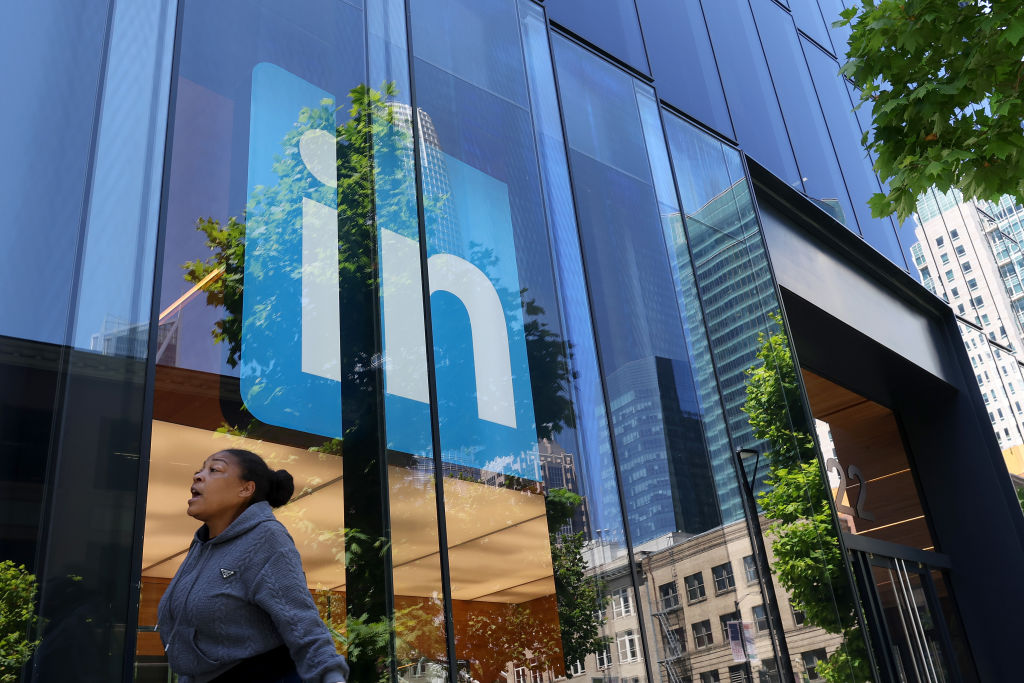
December 19, 2023
Opinion: This Survey Says LinkedIn Is A Site Of Anti-Black Discrimination
A study used the job networking site LinkedIn to establish that profiles that were visibly Black had requests accepted at a much lower rate.
A study examining how discrimination affects the ability of Black job applicants to build networking relationships sheds new light on the difficulties that Black job seekers navigate in the employment marketplace, especially on LinkedIn.
The study revealed widespread discrimination across various social groups, but there was less of it among men and older people, which was counter to the expectations of experts. The study, called “LinkedOut? A Field Experiment in Job Network Function,” used the job networking site LinkedIn to establish that profiles that were visibly Black had requests accepted at a much lower rate, and those that were accepted shared information much less frequently.
The study researchers wanted to escape what they called “the noisy proxy of names,” so in order to much more accurately project the intended racial makeup of the generated users, they used an AI algorithm that directly depicted racial characteristics. The study only used race-neutral names and depended entirely on the image of the artificial applicant to convey the race of said applicant.
Unsurprisingly, the study found that targets in Republican areas were more likely to discriminate against Black people than Democrats, in line with the suggestions of current scholarship. Also, the study discovered that white women were more inclined to discriminate against Black men. They also noted that in some aspects, LinkedIn functioned as an icebreaker to potential romantic relationships, and white women typically prefer to couple with white men, so they favored white men.
The study also found that older users more readily accepted requests from Black profiles, which broke with other studies. In addition to this, it found that discrimination is widespread across various industries. However, once Black users are accepted into the networking groups, the discrimination they face in entering the group largely disappears.
According to Wladislaw Mill, one of the authors of the paper and an assistant professor in economics at the University of Mannheim, “Black profiles’ networks are 13 percent smaller than those of their White counterparts, which is substantial.”
Mill continued, “We find discriminatory behavior across diverse social groups. Black users also discriminate against requests from Black profiles but to a lesser extent than non-Black individuals.” This suggests that attitudes of anti-Blackness pervade across different groups, though it is less pronounced for Black users than other groups of people, according to the study.
In a press release, Mill said that the paper’s research suggests that a potential solution for the discrimination that Black users face when building a network could be the creation of mentorship programs. This could help Black users more effectively bypass the gatekeeping present in some job networks.
“Discrimination mostly takes place when job networks are being built up. This insight may help combat inequalities in labor market outcomes,” Mill said. “Our results specifically suggest that improving networking opportunities for Black individuals, e.g., through mentorship programs, could be an effective measure to tackle discrimination.”
RELATED CONTENT: LinkedIn Targets Students With New University Pages